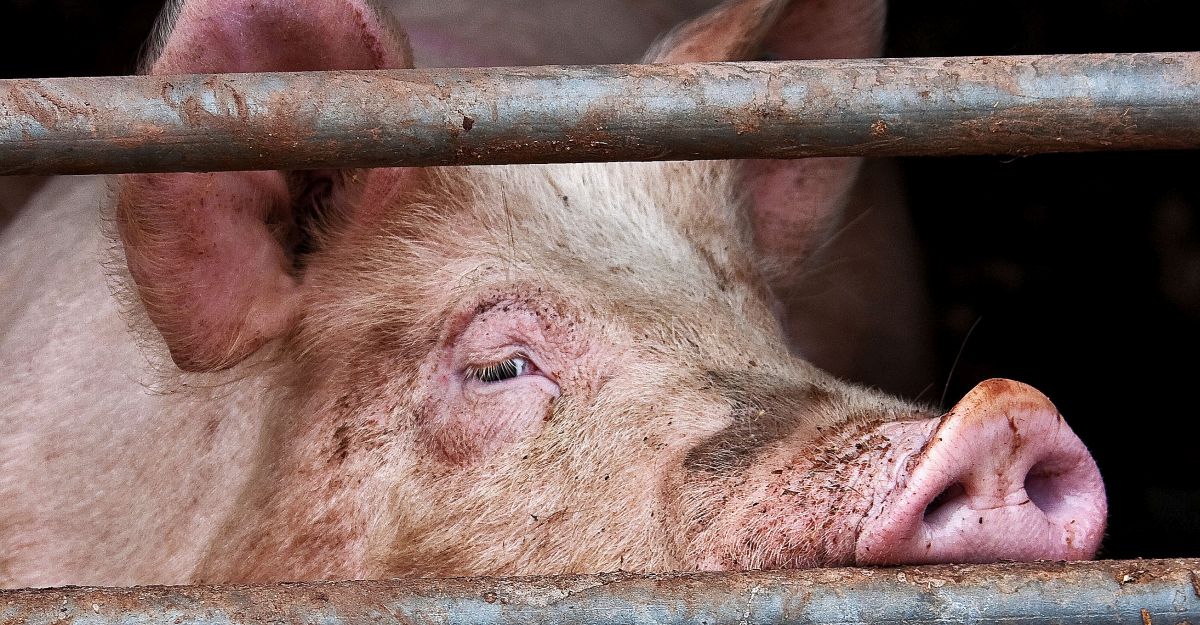Perhaps it is because I don’t get out much, or perhaps I am just reckless, but by the time I returned home on Sunday after four glorious days brain-binging at the writer’s festival, all I could do was fling a signed copy of Josh Neufeld’s A.D: New Orleans After the Deluge at my beloved before passing out on the couch. Yes I was drunk, but alcohol wasn’t the cause of my euphoric addlement (definitely not a word, but what can I say? I was at the writers’ festival). It was ideas, dear Overlanders. Ideas, I say!
For those of you unable to make the perilous journey beyond Central station to Circular Quay via rail-bus, it is my solemn duty and privilege to report the wonderful and terrifying things I have witnessed. Let’s begin with the ominously titled ‘Can Literature Survive the Digital Age?’, a panel discussion between Meanjin editor, Sophie Cunningham; Granta editor, John Freeman; and author, Cate Kennedy. The verdict? Going from what Cate Kennedy had to say, the question should be: ‘Can writers survive the digital age despite all the tw**ting distractions?’
Kennedy’s reasoning is this: the time taken up flitting about the netesphere has to come from somewhere; it’s not as if an extra couple of hours have been added to the day to allow for the 35 trillion emails that get sent, not to mention the endless clicking on the ‘like’ button of one’s facebook page. Time is being taken from something else, something fairly important to the practice of writing – thinking. Kennedy argues that those valuable moments – sometimes hours – of pondering that take place between when a writer places his/her derrière on the seat and when he/she actually starts to write, have been replaced. Instead of pondering, its a quick check of the emails, a quick status update on fb and a squiz at what Alain De Botton is tweeting about, by which time the writer has lost all inspiration and indeed perhaps the will to live. According to Kennedy, ‘The thing that writers need is time away from input and stimulus’.
Conversely, John Freeman and Sophie Cunningham (who admitted to having software installed that enforces time spent offline) argued that digital media is enriching the literary experience, and this was certainly demonstrated at a previous session held earlier. ‘Writing Beyond the Book’ saw Christy Dena, Joanna Featherstone (of The Red Room Company), Helen Cole and James Stuart discussing ‘opportunities for literary expression beyond the standard codex format’. It is undeniable that digital media has created a whole new way of not only publishing, but also cataloguing and archiving. Joanna Featherstone spoke of the many low-fi poetry projects (poems attached to the feet of pigeons, for example) able to be opened up to a wider audience because of our friend Ms Internet. The transient has been made accessible and somewhat more permanent, unless you happen to be a poetry-hating super hacker, I suppose. The panellists also discussed works such as Steven Hall’s Raw Shark Texts, which was an online project before it became a published novel.
Cyber-birthing was also the delivery method of choice for Josh Neufeld’s non-fiction comic A.D: New Orleans After the Deluge. Neufeld was part of the panel for ‘Disaster Tales’, where he spoke about finding powerful narratives among the devastation of Hurricane Katrina. A.D is available online and is an example of literature that is not only surviving the digital age but thriving on it. Reading it online is great, but the book itself is a beautiful object that readers will want to hold in their hands; no amount of digital wizardry will change the fact that humans are sensual, tactile creatures who like owning stuff.
Finally, in his closing address Peter Carey joined the debate, saying that our society has ‘forgotten how to stand still’ and is ‘intolerant of any news which is not entertaining’ – a symptom, no doubt, of our technological era of instant gratification. He cited Dan Brown being a bestseller as an example of this. Yet, to me this is a little like saying no-one will buy Penfolds Grange Hermitage because everyone will be drunk on alchopops.
Literature will survive the digital age, as long as its authors have the self-control, or perhaps the software, to combat the distractions.





